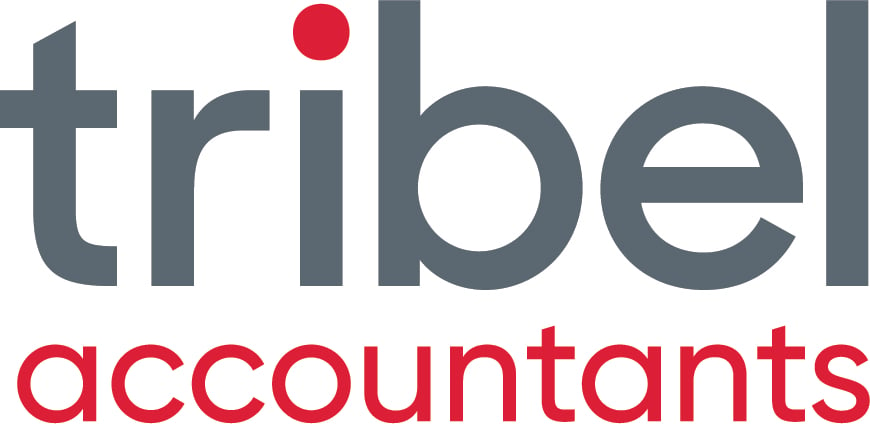INTRODUCTION:
Being small business accountants, business valuers and small business advisors, we often have clients who are looking to buy other businesses. Often in the excitement of finding something they love, it's tempting for them to not properly check out exactly what it is they are buying and why they are buying it. Knowing how to buy a business is a skill and if you do not have the experience it is wise to seek expert advice.
Due diligence is a cost but it's also a type of insurance which can be used as a bargaining tool if things are discovered to be not quite what was represented in the negotiations stage. Even more importantly a due diligence review might just prevent you from making an enormous financial mistake that ends up costing you hundreds or even millions of dollars.
Here are some basic things that should be considered before you sign on the dotted line to purchase an enterprise.

Figure 1: When buying a business it's important not to be young & naive! Photo courtesy Balmain Baz & Lara Scolari Gallery Balmain
1. What Are You Buying?
You need to be very clear about what it is you are buying. Why? Because you may be paying for something you thought you were getting when you are not. Are you:
- buying the shares of a company or;
- the business itself (plant, stock, goodwill, business name, trademark etc)?
- taking over any liabilities (debt, employee leave provisions, plant & equipment finance etc);
- existing contracts (supplier & customer and lease of premises).
Once you know exactly what you are purchasing, ensure that the appropriate adjustments have been made to the purchase price just like any business valuer would do with business valuations when assessing value.
This step is very important as if you have worked out your own business valuation, you need to make sure that a confusing transaction does not end up costing you far more than it should have which we have often seen occur in the market place.

Figure 2: Can you really see what you are buying?
2. How Will The Purchase Price Be Apportioned?
If the contract has not yet been apportioned between stock, goodwill and plant & equipment, note that it will be better generally for you to have a higher amount put to plant as you will get a higher depreciation amount for tax into the future. Goodwill cannot be depreciated for tax purposes.
3. Financial Review Of The Business
An initial financial review of the business should naturally be performed including doing an analysis of the last few years' financial statements which will give you an idea of business performance including:
- cash flow;
- profits;
- growing revenue or lack of it;
- gross profit margins;
- debtor days;
- supplier days;
- inventory days;
- bench marking.
You should also ask to see business plans and cash flow forecasts (or even better three way budgets). These may or may not be available but if they aren't this could indicate the business lacks direction and be a precursor to other issues.
4. Due Diligence Checklist
Once the financial review has been done, a due diligence will then look to confirm what has been provided and also help the purchaser identify any risks. This will include:
- verifying tax records to the financial statements provided (Business Activity Statements, income tax returns etc);
- identifying expenses which have not been included such as payroll tax, land tax, other government charges, incorrect rates of pay to employees etc where if they had been correctly paid a far different profit would have resulted.
- finding out why the business is being sold;
- is the industry growing or declining;
- is it too reliant on a few customers or even suppliers;
- too business owner or key employee reliant?;
- has other income from other sources outside the business been incorrectly included (related party transactions);
- is the stock too old or obsolete and what about plant working order (need for capital expenditure soon?);
- credit rating with suppliers;
- non-compete clauses with the seller and employees;
- length of lease where location goodwill is paramount to the success of the business.

Figure 3: Consider seeking expert advice or you could be just dancing in the dark!
5. Legal Diligence
Naturally you should always involve your legal advisors when purchasing a business. They will deal with the actual purchase agreement and verify arrangements for stock take on transfer, employment agreements, business agreements, trademarks etc.
6. New Business Structure
If you are not buying the shares or units of the exiting business structure then you will need to consider your new business structure which your small business accountants Sydney and Dubbo will be able to help you with.
CONCLUSION:
Always consider doing due diligence when purchasing a business. Better to go in with your eyes open and either pay less for it or even walk away completely.
Buying first and asking questions later is a surefire way to meet a financial disaster!


.png?width=100&height=100&name=COVID_Safe_Badge_Digital%20(002).png)




